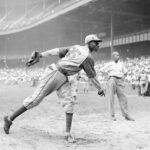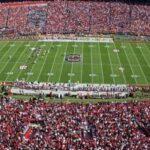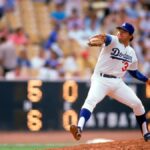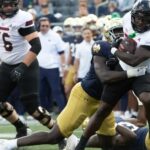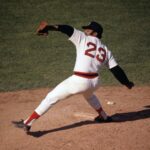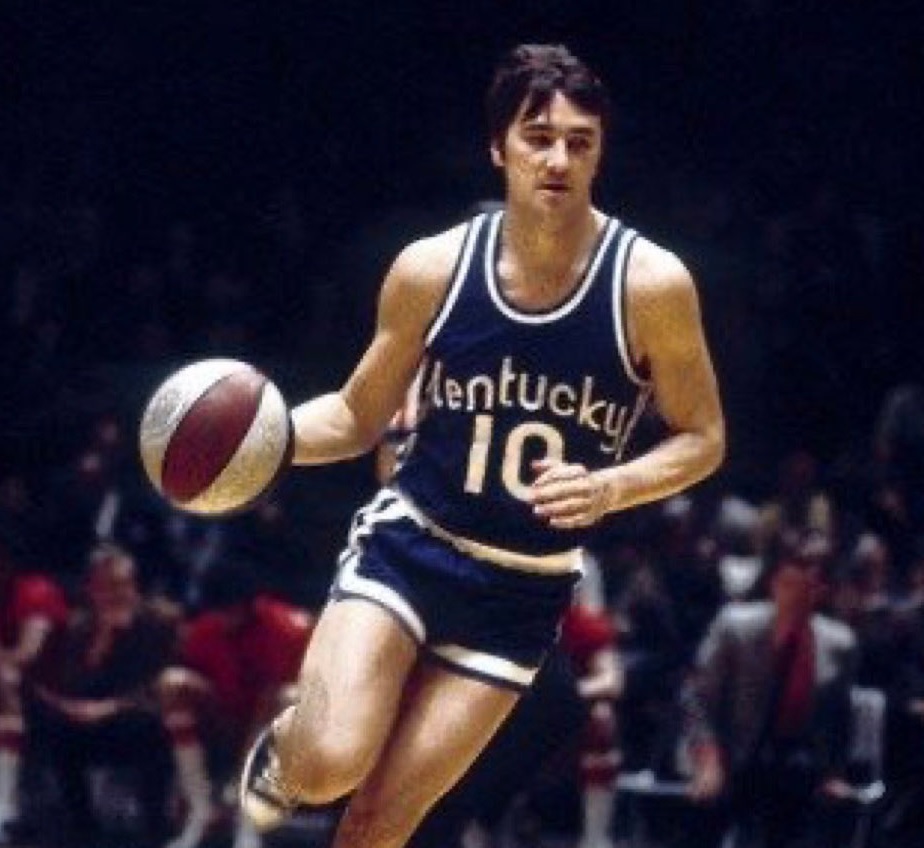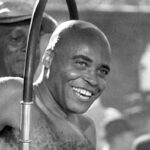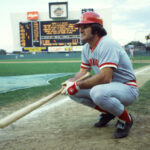Great Advice for a Weekly Fantasy Baseball Beginner
To be able to compete effectively in a weekly fantasy baseball league, here are some friendly nuggets of advice that can be of help in order for you to surprise your more experienced friends with your fantasy acumen.
Which strategy is the strongest for Weekly Fantasy Baseball?
The most frequently used method is to draft hitters early, closers late, as well as pitchers when their worth is greatest and with this, a lot of experts frequently draft around the average draft position or ADP.
While any logical, deliberate plan is capable of winning a league, I choose the standard strategy since it capitalizes on a number of elements.
- To begin, saves are the most frequently used statistic in the league. With a few notable exceptions like Papelbon, K-rod, or Nathan, many clubs’ closer positions are in flux or pose injury risks.
- Second, pitching has a greater degree of volatility than hitting. This is partly owing to the heightened risk of injury that pitchers confront, and partly due to the nature of pitching. Pitchers are frequently injured or experience periods of lack of effectiveness or bad luck.
There are very few reliable pitchers available early in the draft like Johan Santana as well as Tim Lincecum instantly comes to mind, although Johan has struggled with elbow issues and velocity reduction in recent seasons.
Investing a large sum of money or a first-round draft pick in a pitcher is like placing all of your eggs in a very fragile basket.
- Additionally, excellent pitching enters the league on a very regular basis. Each year, there are individuals who will astound you with amazing comebacks (Cliff Lee) or who will rule straight out of the minors (Tim Lincecum a couple of years ago).
Active teams can comb the wire for deals and frequently obtain excellent production at a low cost by participating in contests.
- Finally, strong hitting enters the league infrequently. Puny contact hitters do not transform into sluggers overnight, and the majority of breakout contenders are acquired far too early or for far too much, as Justin Upton was last year and maybe this year.
To What Extent Should Your Rely on Your Instincts?
That is a difficult topic to address since everyone has unique preferences. Believing that Jacoby Ellsbury and Jason Bay will have spectacular years is useless unless and until that idea can be translated into measurable forecasts.
I’d take a thorough look at the PECOTA estimates for this year (subscription required at baseballprospectus.com, but well worth it) and determine whether your projections appear fair. However, here’s the caveat: You must strive to improve value at every opportunity throughout the draft. As a general rule, you want to take a player as late in the game as possible to boost your profit.
However, if you can wait until around three to seize him, you may create a circumstance in which he will almost certainly break even for you and may even provide additional value and that is how fantasy leagues are won.
Should you vote for the player you desire or should you vote for someone to force others to spend their money?
This is contingent upon who is in your league and if you are familiar with your opponents, attempt to convince them to overpay for their preferred players. For instance, if one of your pals is a die-hard Yankees fan, consider early nominations for Derek Jeter because he will almost certainly have plenty of money to spend to ensure Jeter is his.
Ascertain that he pays at least the sticker price (that is, average draft price), and if you’re trapped with Jeter for less than that, consider yourself lucky. It’s a win-win situation. If you are unfamiliar with your opponents, there are a few methods you might employ. Some individuals attempt to designate the men they like early, figuring that people will be hesitant to overspend immediately.
This is occasionally true, but it may also be dangerous. Some forgo the players they desire in order to secure a deal later in the draft when money is tighter. Both are OK, although I like to propose athletes that have recognizable names but are, in my opinion, overrated. That way, I may attempt to convince individuals to overpay in order to get an advantage later in the draft.
However, I seldom enter a draft with a specific player in mind. I’ve calculated my estimates and determined the financial amounts I’m willing to spend because I never exceed my maximum unless I obtain exceptional deals early in the draft and can afford to lock in output for an additional dollar or two.
Bear in mind that you are not competing for emotional reasons; you are competing to win because when it comes to fantasy football, it is irrelevant whether the player’s name is on the jersey; what matters are the player’s numbers, always remember, pay for stats, not a name.
Homerism
Pay for stats, not a name and I am aware that I have just reiterated myself, but it is as pertinent here. With the exception of Drew, every one of the guys you mentioned will almost certainly be outstanding this year. However, all of this perfection is meaningless if you overpay and are unable to surround that core skill with complementary talent.
One of the great advantages of playing fantasy baseball is that this will encourage you to learn about players that you might not have been interested in and it also will show you that the Pittsburgh Pirates are no longer a complete black hole, and that the Kansas City Royals have acquired some outstanding talents, and that a lot of the Yankees have become overrated.
With this, it is important that you grab this opportunity to learn more about new players and be able to broaden your baseball horizons while you go watch your home team on television as you may always want to clap for them. But, it is the happiness of a fantasy baseball fan to be able to watch her or her home club pay while secretly praying at the same time that the pitcher of the opposing team will shut them out for eight innings.

